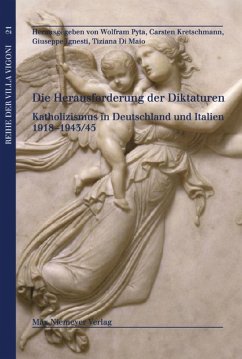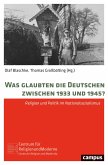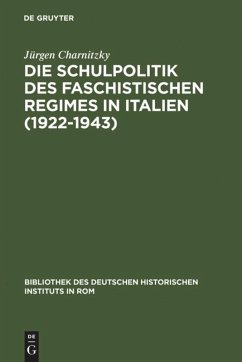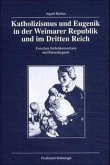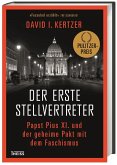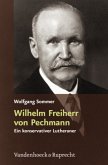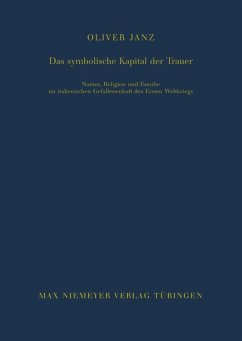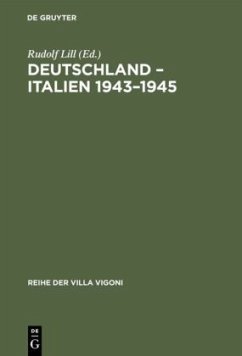After the First World War, the Catholic Church was forced on the defensive by totalitarian mass-movements in both Italy and Germany. Fascism and National Socialism challenged Catholicismâ??s traditional position in society. This volume is the first to bring together contributions by leading German and Italian historians and theologians and thus to present a graphic account of the Catholic Church's strategies for asserting itself between 1918 and 1943/45.
Die Frage nach dem Verhalten von Katholiken - von Kirchenvolk, Klerus und Kurie - angesichts der massiven Herausforderung durch Faschismus und Nationalsozialismus hat bis heute nichts an Sprengkraft verloren. Der Sammelband, an dem führende deutsche Historiker und Theologen beteiligt sind, legt erstmals nach Öffnung der Vatikanischen Archive eine deutsch-italienische Bestandsaufnahme vor. Er durchbricht die nationalgeschichtliche Beschränkung der älteren Forschung und greift zugleich neuere kulturwissenschaftliche Impulse auf. Indem er das Schicksal der katholischen Parteien und des katholischen Vereinswesens ebenso behandelt wie die Frage nach der Existenz eines katholischen Widerstands und dem prekären Verhältnis von Katholizismus und Antisemitismus, entwirft er ein anschauliches Bild des "katholischen Milieus" wie des "mondo cattolico" und durchmisst zudem das Spektrum katholischer Selbstbehauptungsstrategien zwischen 1918 und 1943/45.
Die Frage nach dem Verhalten von Katholiken - von Kirchenvolk, Klerus und Kurie - angesichts der massiven Herausforderung durch Faschismus und Nationalsozialismus hat bis heute nichts an Sprengkraft verloren. Der Sammelband, an dem führende deutsche Historiker und Theologen beteiligt sind, legt erstmals nach Öffnung der Vatikanischen Archive eine deutsch-italienische Bestandsaufnahme vor. Er durchbricht die nationalgeschichtliche Beschränkung der älteren Forschung und greift zugleich neuere kulturwissenschaftliche Impulse auf. Indem er das Schicksal der katholischen Parteien und des katholischen Vereinswesens ebenso behandelt wie die Frage nach der Existenz eines katholischen Widerstands und dem prekären Verhältnis von Katholizismus und Antisemitismus, entwirft er ein anschauliches Bild des "katholischen Milieus" wie des "mondo cattolico" und durchmisst zudem das Spektrum katholischer Selbstbehauptungsstrategien zwischen 1918 und 1943/45.

